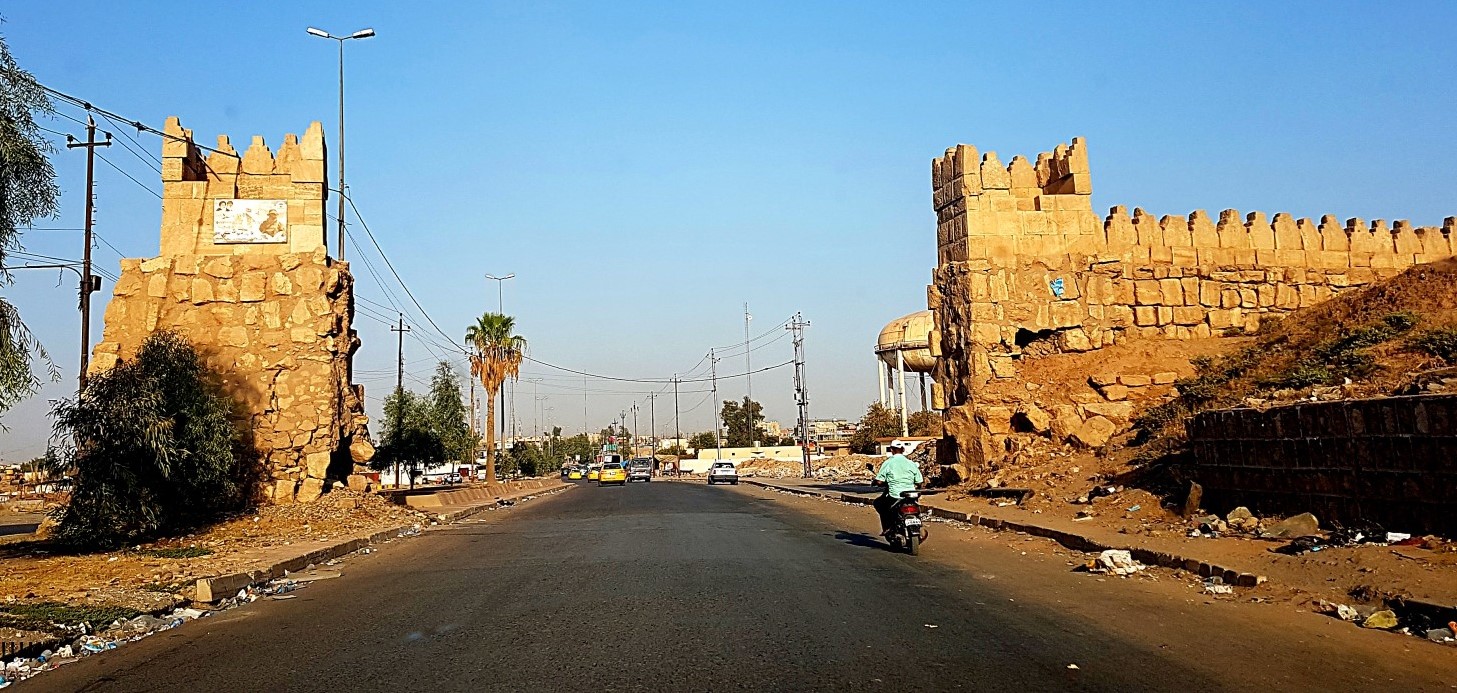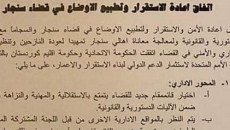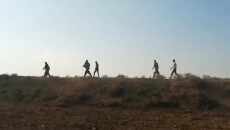The best option for Naji Hormuz is still Article 140 of the Iraqi constitution, to determine the fate of the administration of their region in order to live in peace in their homeland.
Hormuz is a Christian from the Ninewa Plains which has suffered due to the conflict between the Iraqi federal government and Kurdistan Regional Government KRG for years, because each side considers it its right to rule and dominate these areas.
“We are between two administrations, which is why our areas have not been rebuilt, while we have faced displacement, fighting and violence” Hormuz, the Mukhtar (representative) of Telsqof, told KirkukNow.
Talsqof subdistrict, located in the Ninewa Plain, 30 kilometers north of Mosul, fell to the Islamic State of Iraq and the Levant (ISIL) in mid-2014 and remained under its control for two years. Half of its population are still displaced.
We want Article 140 to be implemented in our region as soon as possible
"We want Article 140 to be implemented soon in our region, although the least part has been implemented and very few people have been compensated under that article," Hormuz complained.
According to previous investigations by KirkukNow, about half of the Christians in Ninewa have migrated abroad after fleeing their homes after 2003, particularly due to the threat of ISIL in 2014.
“Our rights have been lost for decades, we have not received compensation and our fate is unknown, so Christians are not returning to their homeland and many of them have migrated,” he added.
Talsquf is one of the administrative units of Ninewa, its fate is linked to Article 140. Following the northern, oil-rich province of Kirkuk, the largest number of disputed areas are located in Ninewa province, including Bashiqa and the districts of Shingal (Sinjar), Makhmur, Talkef, Sheikhan, Hamdaniyah and Tala'afar.
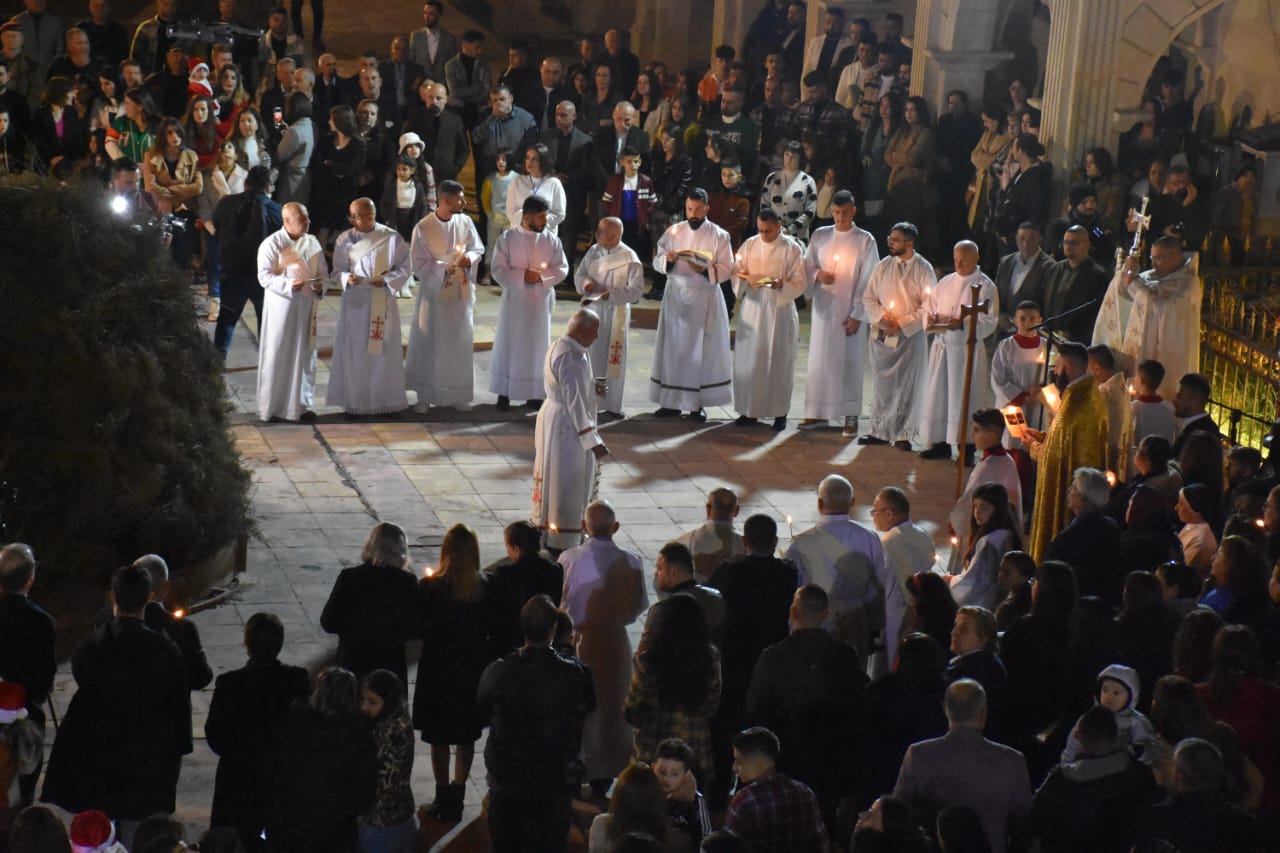
The disputed territories is a constitutional term used to refer to the political and administrative situation in Kirkuk province and the areas that have been changed in terms of administrative and demographic conditions due to the policies of the Iraqi government (1968-2003).
According to the Iraqi constitution, which was approved by a majority of Iraqi voters in early 2005, the fate of the disputed territories must be decided after three stages of normalization, a census and then a referendum.
The constitutional article is based on the implementation of Article 58 of the Iraqi State Administration Law for the Transitional Period, which was issued in March 2004 and consists of three main articles.
"We believe that the implementation of Article 140 is in the interest of all communities, especially for compensation, because only 15% of the Shabak community has been compensated, the compensation rate of Arabs, Christians and Yazidis is still low," said Ghazwan Dawoodi, a Shabak citizen.
The implementation of Article 140 is in the interest of all communities
The Shabak population in Iraq is estimated at about 350,000; They are mainly located in Bashiqa, Bartalah, Hamdaniyah, Talkef and villages in the Ninewa Plain. Like other minorities, they faced atrocities at the hands of the extremist militants of ISIL.
"The Kurdish authorities in Ninewa are not powerful anymore and this will have a negative impact on the implementation of Article 140," he said.
According to the agenda of the new cabinet chaired by Mohammed Shia Sudani, the High Committee for the Implementation of Article 140 will be re-established with the allocation of budget and payment of financial entitlements of those who benefit from this article.
"Article 140 is still the best option for the communities of the Ninewa Plain because it will help them regain their rights and get rid of the doubts and anxieties they have suffered from for decades," said Nebras Walid Mohammed, an Arab journalist in Faida district.
“We are at loss and don’t know if we are under the Iraqi government or the Kurdistan Regional Government.”
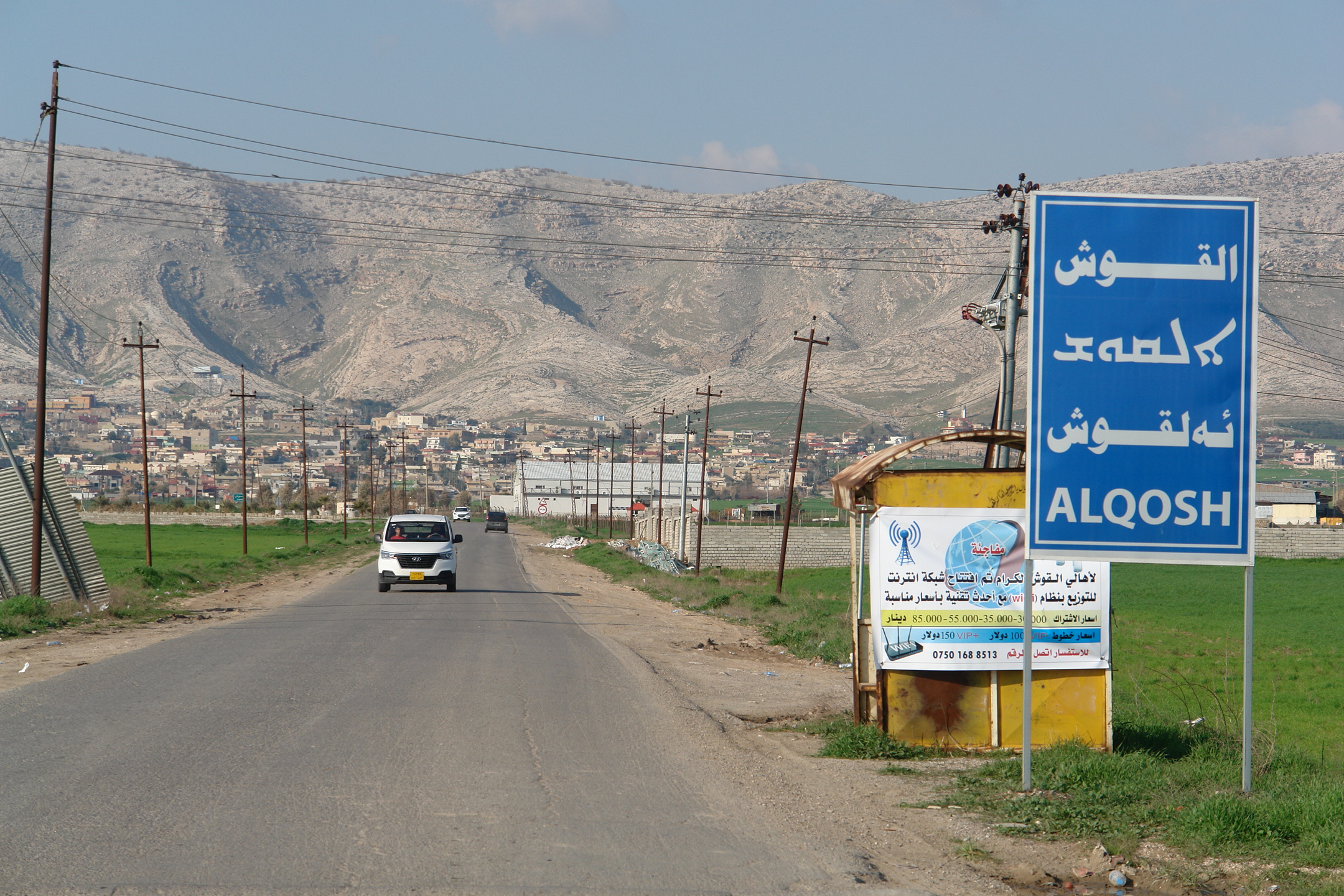
According to official statistics, from 2007 to 2012, more than 136,000 forms were returned to the Article 140 Implementation Office in Ninewa, which was headquartered in Sinjar but also supervised subcommittees in several other areas of the province.
“I don't see any practical steps to implement Article 140 in Ninewa. Few people have been compensated. Our families who should benefit from this article have not received a single dinars " Mohammed says.
Compensation for the internally displaced persons IDP is part of the first phase of implementation of Article 140; This will be done through the return of those who were displaced from Kirkuk and other disputed territories outside the province, as well as compensation for the settlers in those province.
Those who were relocated, each family to be paid 10 million Iraqi dinars IQD (USD6,500), while the settlers will be paid 20 million IQD and sent back to their hometowns.
None of the three phases of Article 140 have been implemented in Ninewa
"Article 140 should be implemented because it is a constitutional article and the Federal Court has decided to implement it. Although the Iraqi government has not worked seriously on it, but an agreement has been reached for the current cabinet," said Majid Shingali, member of Iraqi parliament, an Ezidi from Shingal.
“The committee must be reactivated and is scheduled to resume work and visit the disputed territories.”
The fate of more than 2,000 Ezidis (Yazidis), total population estimated at 500,000 in Sheikhan and Sinjar, remains unknown taken into captivity by IS.
In addition to being a disputed territory between the governments of Baghdad and Erbil, Shingal has three official and informal administrations, under which eight armed forces and groups deployed, due to political and military conflicts.
"None of the three phases of Article 140 have been implemented in Ninewa, only some people have received compensation, but the majority have not benefited and their cases are still waiting to receive compensation," Shingali added.
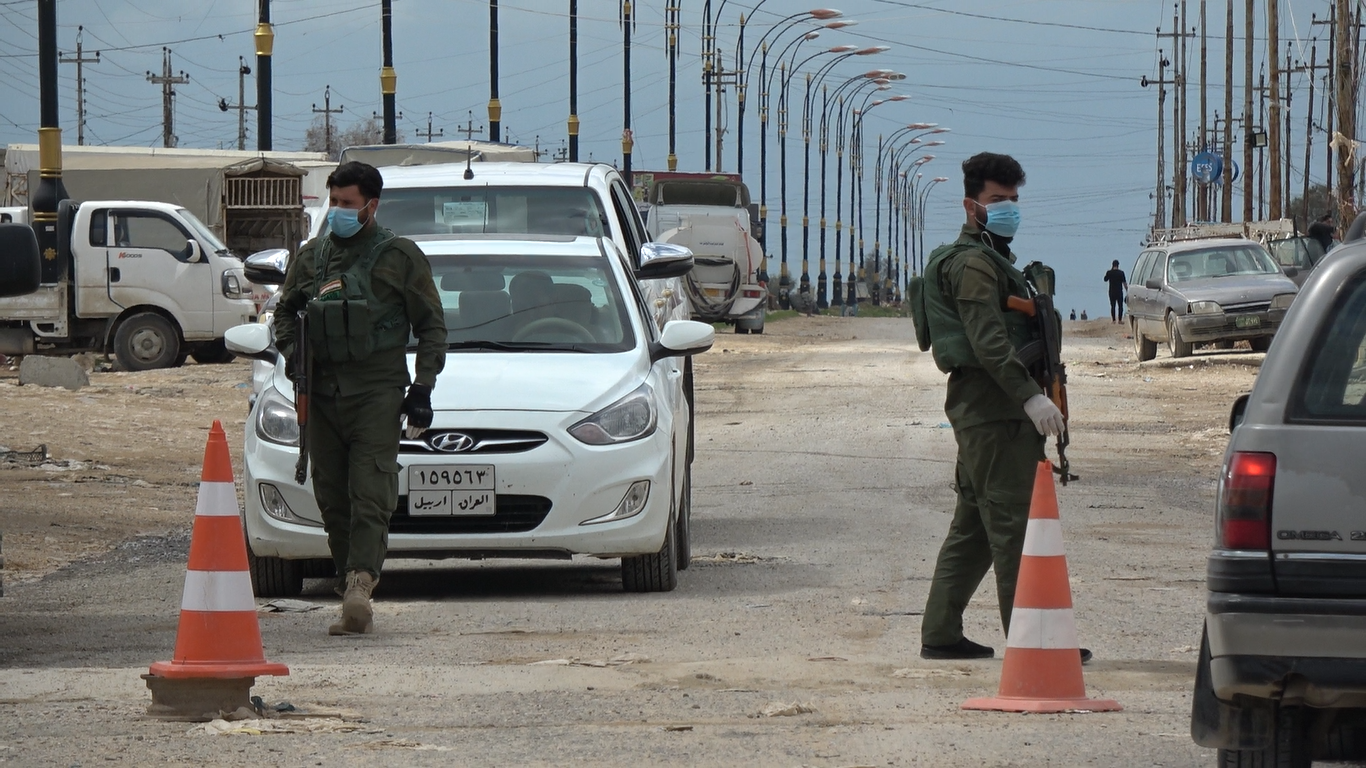


Unlike Ninewa; In Kirkuk, Arab and Turkmen political parties disagree with the Kurds over Article 140, some calling it "expired", although the Federal Supreme Court in 2019 insisted on the validity of Article 140 until all the procedures related to the article are implemented.
Rubina Omilk Aziz, a member of the Iraqi Kurdistan Parliament committee on the affairs of the areas beyond the KRG, told KirkukNow, “Very few citizens have been compensated according to article 140.”
"We have not received anything officially about reactivation of article 140e by the Iraqi government. It is not something to be done in words and rumors, rather by action.”
She believes that if the Iraqi government coordinates with the Kurdistan Region, “the implementation of Article 140 will be easier.”
The Constitutional Committee for the Implementation of Article 140 was formed in 2006 from different communities in Iraq, opened a number of offices in several provinces, but last year the budget was suspended and less than 13 billion IQD were allocated for it, while the committee was asking for 60 billion IQD.

